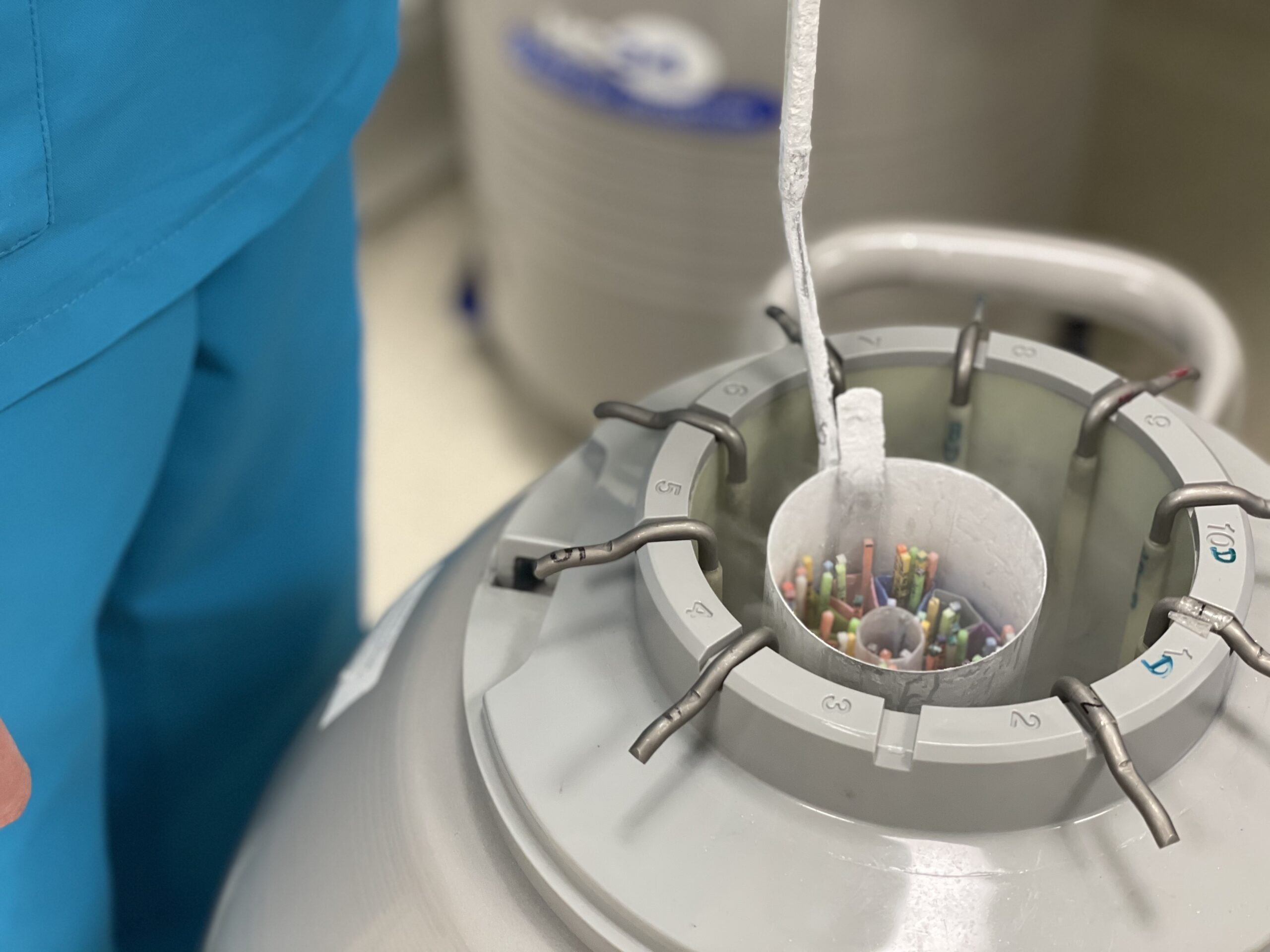22 July, 2022
PRESERVE YOUR FERTILITY BY SAVING YOUR EGGS

Before we can discuss fertility preservation, we should first go over some important facts.

All women are born with a fixed number of eggs in their ovaries, and we lose them progressively throughout ourlives. This loss is inevitable and irreversible, and it speeds up after we turn 35. Moreover, the quality of our eggs alsodecreases with time, becoming poor after 35 and even poorer after 40. Low egg quality is associated with less chances of pregnancy as well as higher health risks for the baby.
'Ideal biological age'

Nowadays, our “ideal biological age” to become pregnant often does not coincide with the age at which we desire to become mothers, either for personal reasons, social factors, labour timings or even health issues. As a result, several years ago we started talking about fertility preservation, which consists in freezing a woman’s eggs for an unlimited period to be able to use them later for an In-Vitro Fertilization, known as IVF. When said eggs are thawed, they maintain the same quality they had when they were frozen. For instance, if we undergo an IVF treatment when we are 40 using eggs that were frozen when we were 32, the chances of pregnancy and the low risk of chromosomal diseases for the baby will be the same as if we were still 32.
Dra. Jordana Carina Mata
“If we undergo an IVF treatment when we are 40 using eggs that were frozen when we were 32, we will have the same chances of pregnancy as if we were still 32”.
Ovarian Stimulation Cycle

The ovarian stimulation cycle consists in applying subcutaneous medication to stimulate the ovaries during approximately 8 to 12 days. During that period, the patient must undergo ultrasound screenings every three or four days to check that the ovarian response is correct. Once the stimulation is completed, we schedule the egg retrieval procedure, which consists in doing a transvaginal ultrasound with a needle mounted to the transducer; with the patient under sedation, the doctor punctures the ovarian follicles to extract the eggs. The whole process takes around 15 days and, except on the day the egg retrieval takes place, the patient can carry out her normal dailyactivities. A stimulation cycle can be repeated, if necessary, to have more eggs saved. The number of IVF attempts depends on the total number of frozen eggs: the higher the number of eggs, the more chances we get.




Dra. Jordana Carina Mata
Medical Specialist in Human Assisted Reproduction and Andrology
Preservation of Fertility in Oncologic Patients

When a young woman or teenager is diagnosed with cancer, doctors indicate a fertility preservation cycle before the patient starts with the oncological treatment. Most of the chemotherapy and some of the radiotherapy they must undergo can severely affect the quantity and quality of their eggs, making it very difficult to have a spontaneouspregnancy in the future.

Preservation of Fertility in Men

Now let´s talk about them. The preservation of fertility in men consists basically in freezing a semen sampleobtained by the man through masturbation, or in some cases, through a testicular punction or biopsy. There areseveral reasons why a man might want to save a seminal sample, including his desire to become a father at an older age, when it might be impossible to do so by natural means. This situation may derive from social issues, professional goals, vasectomy procedures when the patient is not entirely sure he will not wish to become a father in the future, cancer diagnosis that require treatment, or the inability of some men to be present the day his partner undergoes egg retrieval during an IVF cycle. In some cases, the patient might not be at ease with taking a semen sample on the day of the ovarian puncture, and having a frozen sample provides him and his partner the necessary peace of mind to go through the process in a more relaxed way.
At HC Fertility, we want to help you fulfil your dream

In conclusion, egg and semen preservation and IVF offer an effective way to preserve fertility both in women and men.Nowadays, science allows us to progress in ways that were unthinkable years ago. In HC Fertility we are aware that everyone has different life plans and a story yet to be written. It is not always easy to combine plans, and sometimes life takes unexpected turns. If you feel that you are not ready to become a parent yet, we will do our best to give you the chance of becoming one in the future.

Back to blog
In other news

28 July, 2021
Your egg donation treatment in Marbella, Spain
The color of the sky, the smell of the sea, a place surrounded by gardens so that you can have this ...
[Continue reading ]25 April, 2018
Have you already decided to perform an assisted reproduction process?
Here are some tips: ...
[Continue reading ]


